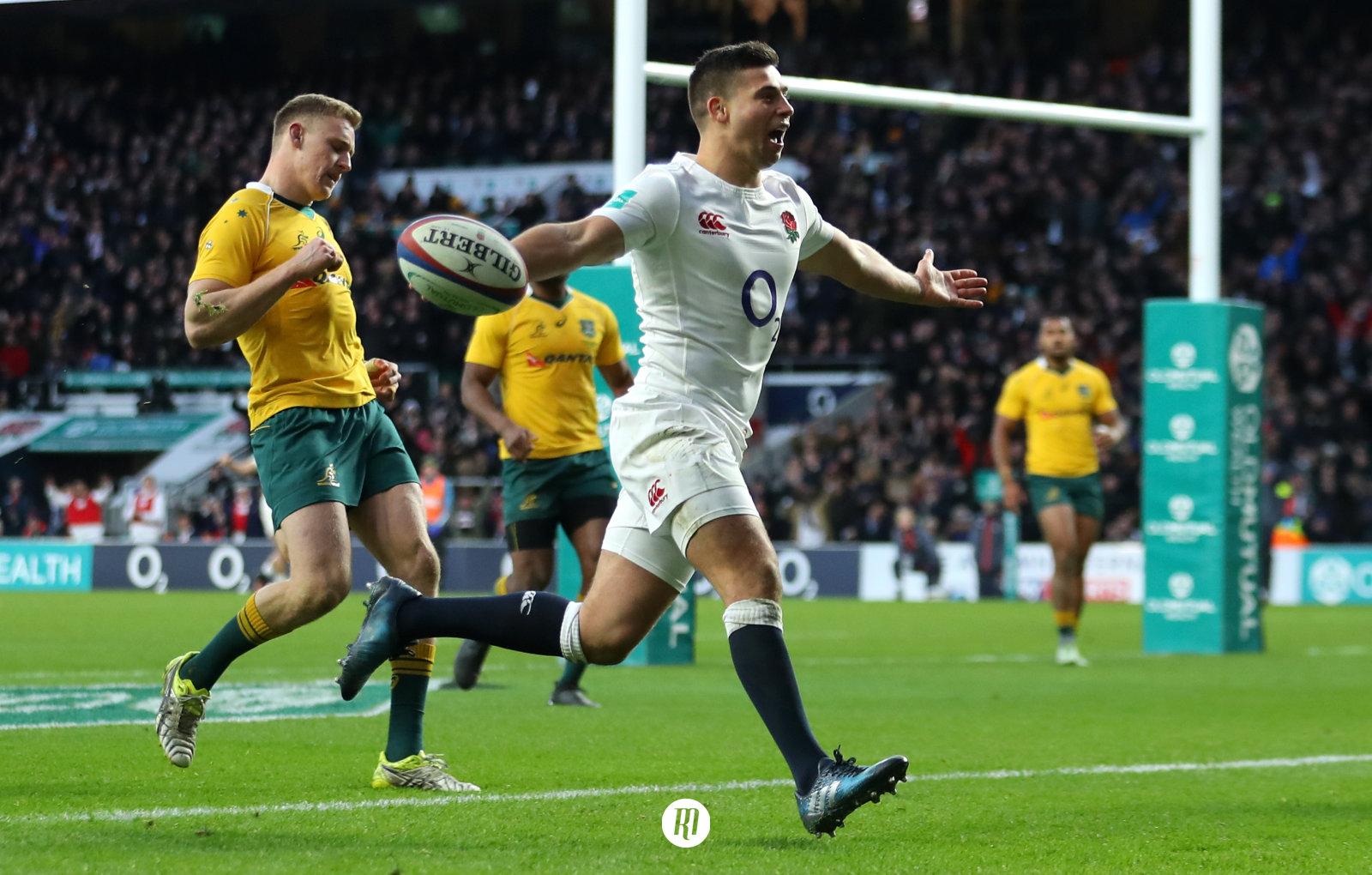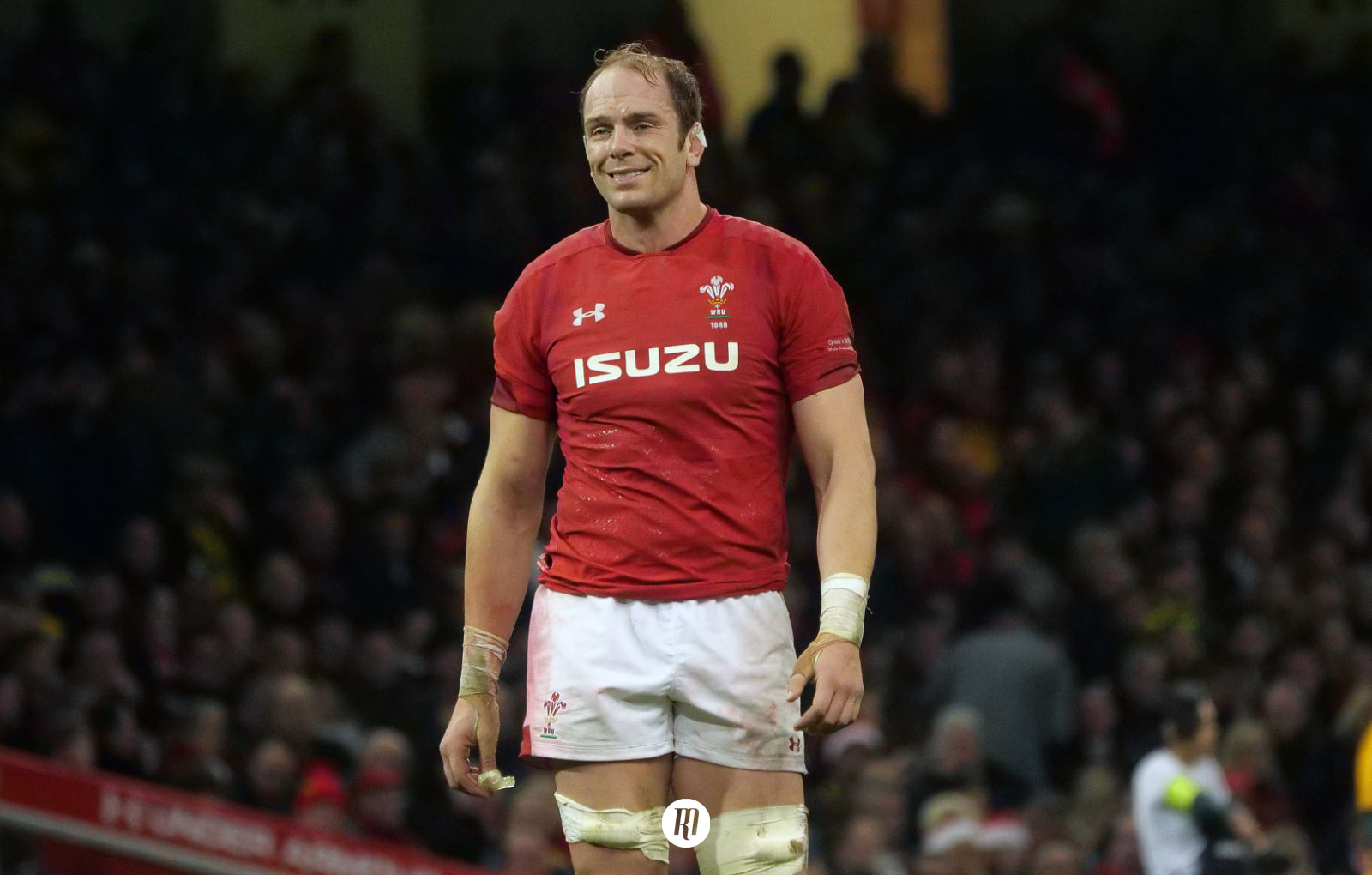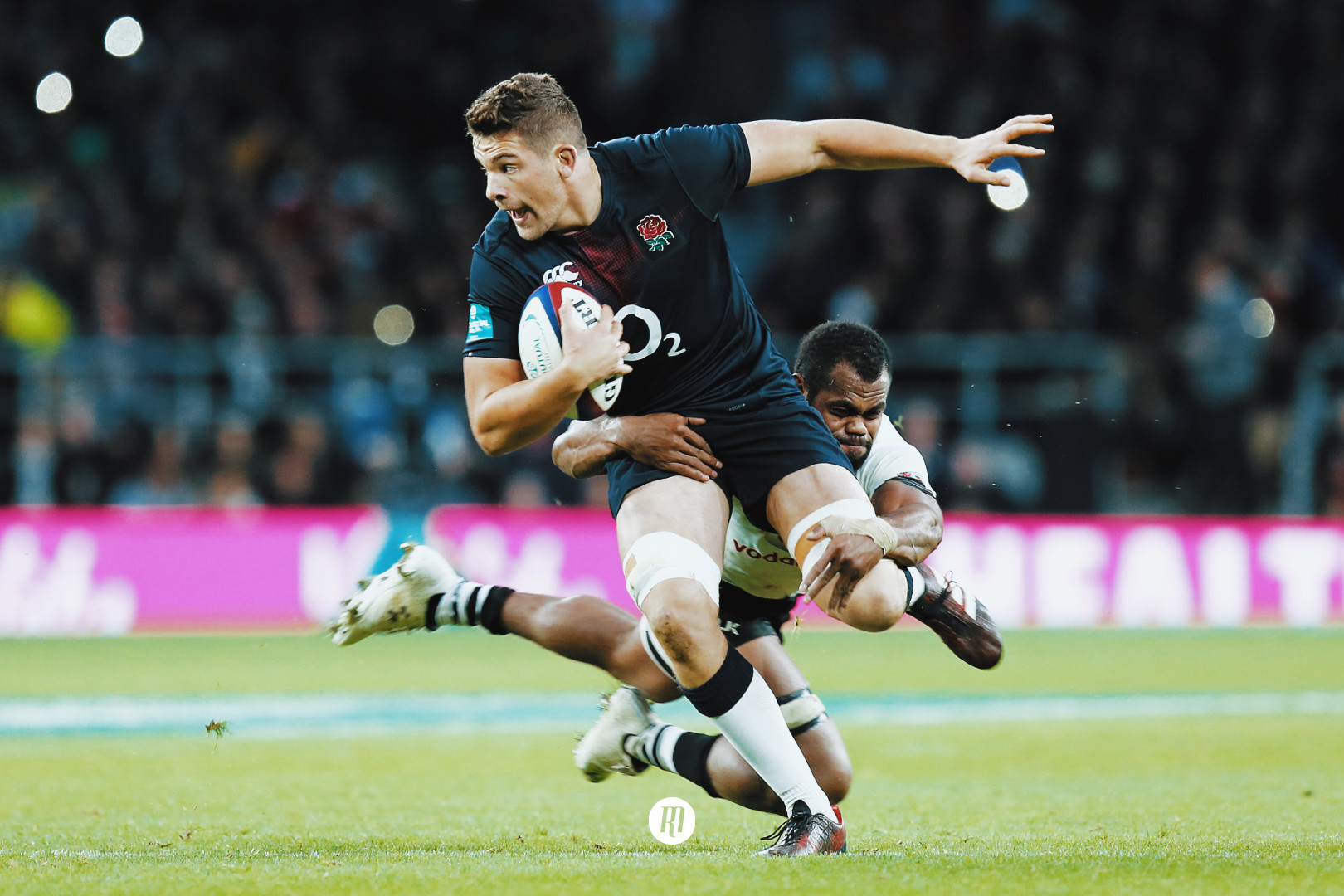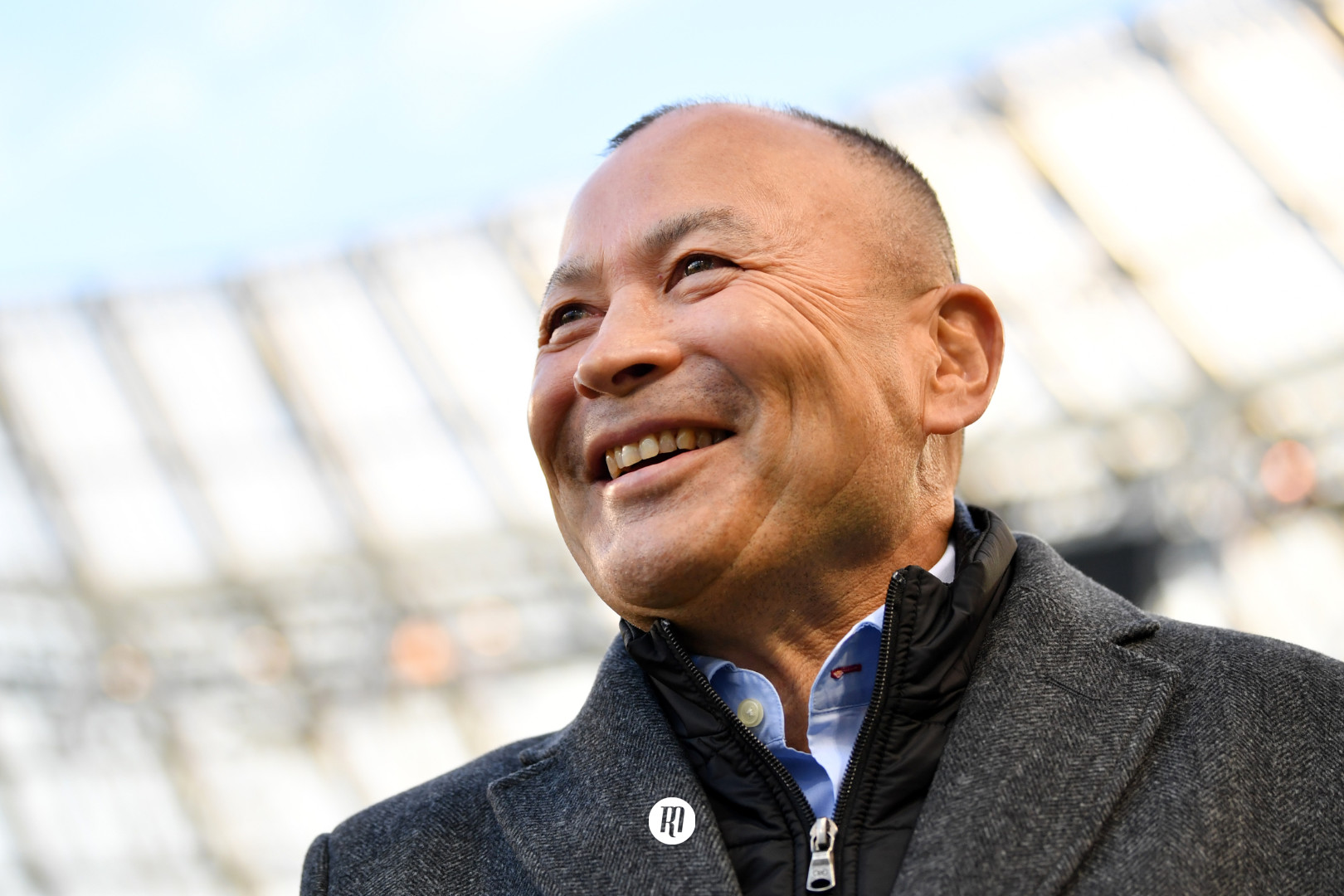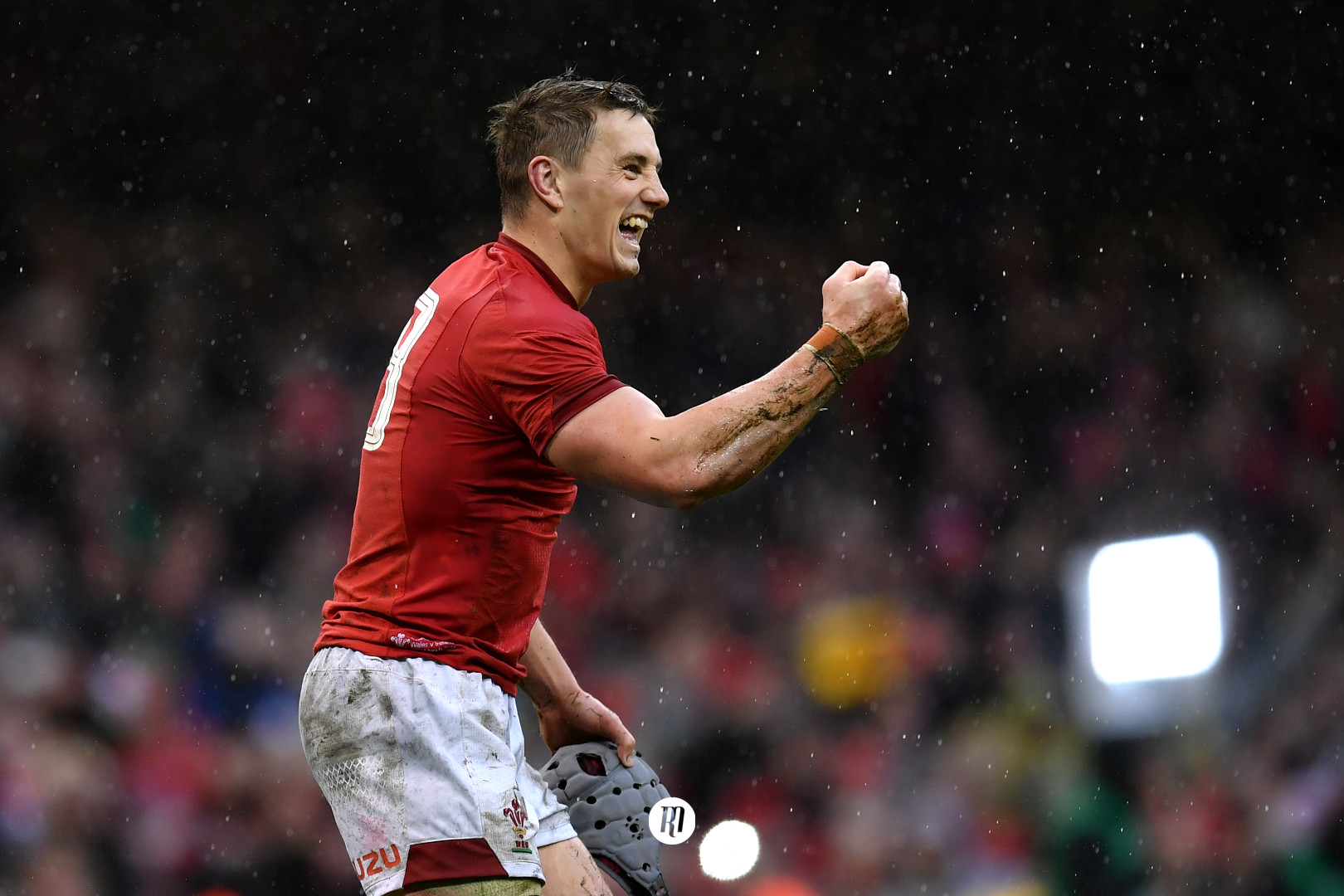Judgement Day: Old Enemies Face a Final Reckoning
2018 has not been kind to England or Australia, and the two go head-to-head at HQ in a game that carries enormous weight for both sides.
It’s hard to imagine a World Cup where one of England or Australia are not being talked about as the outstanding candidate to make the final.
In 2015, England were all but certain to crown themselves World Champions in their own back yard, however, a combination of destiny, Lancaster, and a sprinkle of Sam Burgess shaped hysteria, had its own say. In that same tournament, the dispatching of the doomed hosts came from Australia themselves who came close to repeating what England had achieved 15 years prior to this week; lifting the Web Ellis Trophy in the host nations lands.
On Saturday, these sides meet in a game that many thought would be a heavyweight clash of number two and three in world rugby. A clash that would decipher just who was the mandatory challenger to the revered All Blacks in Japan 2019. Instead, both sides find themselves in the midst of an identity crises. Ireland have unanimously positioned themselves at number two, following their tremendous victory at Lansdowne Road last week, a tactical masterpiece that has raised the question; just how close are Ireland to New Zealand?
More pressing for the contestants at Twickenham this weekend, just how far behind are England and Australia?
An intriguing question. Both England and Australia have been undone by Best's Boys in 2018, with the men in green humbling the Wallabies in a series win down under, after having achieved Northern Hemisphere domination in a 6 Nations Grand Slam in March. Despite all of what has gone before, both sides can only focus on the next job, and that's each other.
England then, bring to a close a year nobody expected could end on a positive note with victory on Saturday. While a win means relatively little in terms of tangible success, it does suggest the stone has dropped as far as it intends. Despite the one point defeat to the All Blacks, England can at least take solace in victories over in-form South Africa, as well as a relatively comfortable win, (in the end) against Japan. Adding Australia to the list of triumphs would give the nation a strong boost of confidence heading into the Six Nations.
The most promising development for the home side this autumn series however, has been the unearthing of new talent. Mark Wilson has gone from token gesture to key player, starting at either openside or 8 in all of England’s November tests, performing sensationally. No England player has bettered his 52 tackles across the three games, with only three missed, a 94% success rate in defence is efficient and consistent for a man relatively new to the test seen.
Factor that with the abrasive impact of Zach Mercer and Sam Underhill, with the former carrying more metres than any other forward against South Africa, despite only featuring for 39 minutes. Underhill’s impact is a little harder to quantify statistically; if you could bottle speed and power in the tackle, Underhill would be the world leader, however his 66m made, 3 defenders beaten and 93% tackle success rate against the slipperiest of foes in New Zealand paint the picture on just how big of an impact the American born flanker has had on this team. Bath's gain is certainly Gloucester and Ospreys' loss.
It's not been exponentially successful in the back division, but there's still reason to be cheerful. Chris Ashton is back, seamlessly picking up where he left off, dotting down against New Zealand, adding to Eddie Jones embarrassment of riches at wing. Factoring in the club form of Ollie Thorley, the return to fitness of Jack Nowell, albeit not fit enough to play a part in Saturdays clash, England are stacked with finishers, and that's without even mentioning Joe Cokanasiga.
Despite only the latter of the aforementioned featuring in the game ahead, a name synonymous to all rugby fans worldwide has returned, and in good time. Manu Tuilagi is back, though for now restrained to a finisher. Jones would be wise to slowly introduce his potentially prized asset to staggered game time. Seventeen minutes of test rugby since 2014 is something both men will be keen to change, and with talk of Scottish supremo Huw Jones teed up with a move to Leicester, as well as plenty of midfield competition in Kyle Eastmond, Jordan Olowofela and Gareth Owen, 2019 is a huge year for Manu at both club and country level. Saturday seems the perfect time to set foot in the right direction.
While hope springs eternal in the English garden, the thorns are beginning to grow large and sharp in the land down under. Eleven games in 2018 so far have resulted in a paltry four victories. On a run as barren as the outback itself, defeats in Sydney and Melbourne to Ireland, losing a 10 year winning streak at the millennium to the Welsh, compiled with a humiliating defeat on the Gold Coast to Argentina, there really is a crises in Australian rugby.
The media back home are turning the dial up on Cheika, and the pressure may amount to a reactionary firing of the head coach, should another humbling defeat be served on Saturday. It's not just 2018 where the Wallabies have struggled. As far back as this time last year, an improving Scottish side handed out a drubbing they've been accustomed to receiving themselves over the years. Since that blustery day in Edinburgh, it doesn't appear that the Gold and Green have been able to recover.
A positive, and a monumental one at that, is the news David Pocock is fit to feature. A mammoth performance in Cardiff was the only reason Australia hung in the game so long, his five turnovers that all resulted in penalties were examples of his exemplary play in the breakdown. He backed that up with another impressive performance in the convincing victory over Italy last weekend, setting up a try and winning multiple turnovers, as well as securing consistent, clean ball for his back line. Even more crucial in a year that has seen his partner Hooper’s form take a sudden decline. A neck injury threatened to keep Australia’s star man out of the London bout, but he won't be denied a final fixture this year despite the weight of carrying a nation on his shoulders literally starting to take its toll.
Another player who has reaffirmed his international credentials these past two weeks is Israel Folau. Some controversial comments off the field had clearly impacted his game, but his performance against, admittedly poor, opposition in Italy, shows he still has the class to cut it at the top level. 132 metres gained from 12 carries, or 11 metres per attempt, is the type of form that had Folau described as the best full back on the planet heading into the previous World Cup.
The key to Australia getting back to the form that had Cheika talked of in the same conversations as Hansen and Schmidt in his maiden year is getting a consistent tune out of the effective front 5, explosive back row, and stars Genia, Foley, Beale and Folau in the backline. Once that hurdle of consistent form that came so naturally to the team in 2014-15 is found, it will give the backs the platform to establish their individual skill sets. It’s a big if, but if Pocock can continue to carry out his job effectively, Hooper remembers where he left his devastating form, and the star studded backline can tune back into the form that found them in a World Cup final three years ago, Australia will undoubtedly be back, and there’s no team or stadium at which they would prefer to begin, than England at Twickenham.
The game that was supposed to affirm New Zealand’s biggest threat will instead result in English stupefaction and Wallaby defiance, or the Jones Juggernaut awakening to an Aussie revolt.
Whatever happens on Saturday will undoubtedly have major ramifications for both unions. Fifteen years since Jonny Wilkinson created the sports most iconic moment, England and Australia will go head-to-head again, and it’s still just as intriguing.

Filed under:
International, Australia, England
Written by: Morgan Lowrie
Follow: @MorganLowrie · @therugbymag
